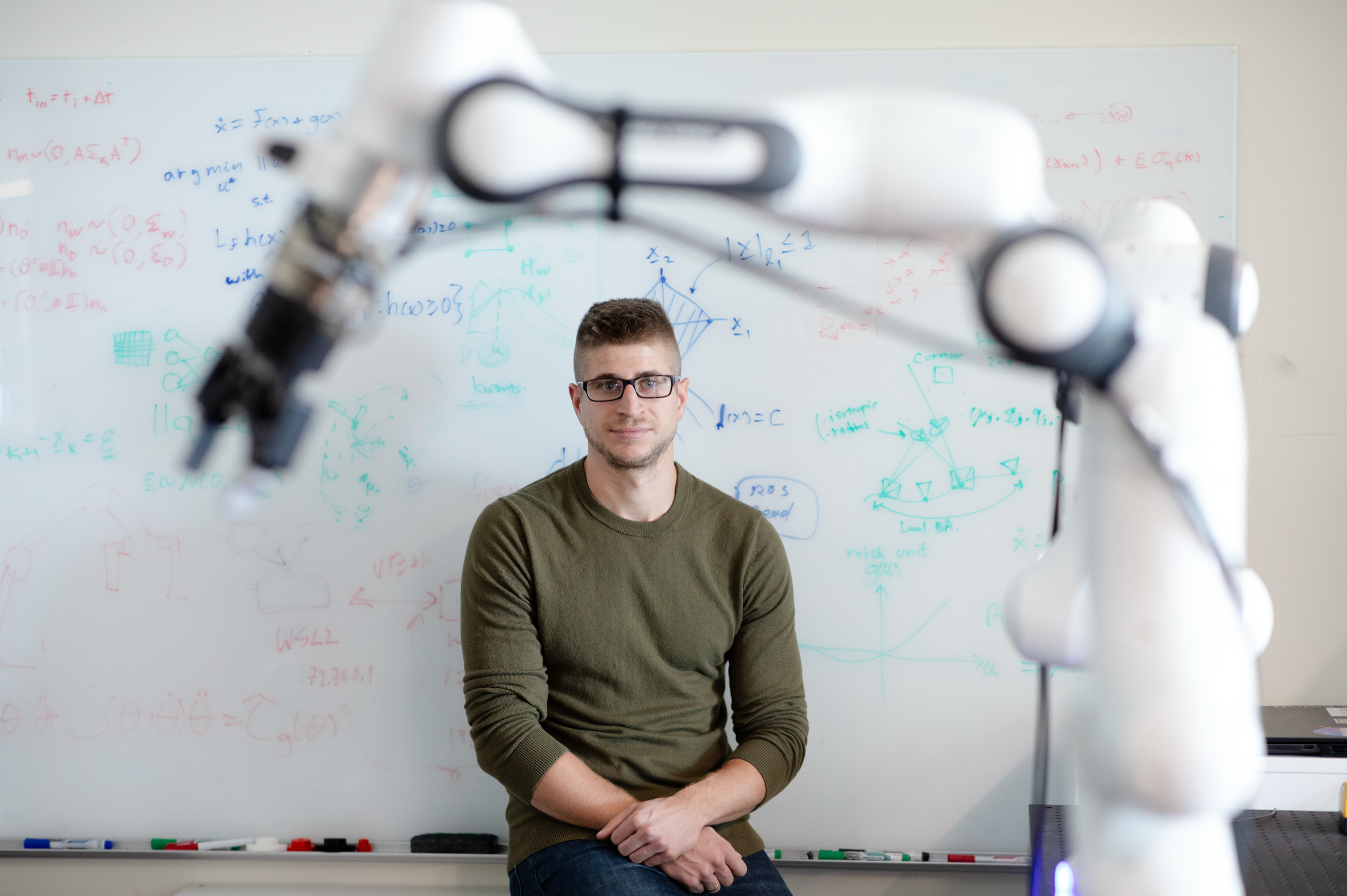
Dr. Brokoslaw Laschowski is a computational neuroscientist. He works as a Research Scientist and Principal Investigator at the University Health Network (i.e., the largest research hospital in Canada) and as an Assistant Professor at the University of Toronto, with appointments in Neuroscience and Mechanical Engineering. He also serves as the Director of the Computational Neuroscience Lab, a leading multidisciplinary research lab that explores the intersection of neuroscience and artificial intelligence. The long-term vision for his research is to develop a computational understanding of the brain—from neurons to circuits to algorithms to learning and cognition—and use that understanding to build thinking machines.
Toward this vision, Dr. Laschowski has established a world-class research program focused on developing new mathematical, computational, and machine learning models to reverse-engineer or decode the brain. Some examples include: (1) deep learning models to reverse-engineer the visual information processing mechanisms in the visual cortex; (2) neural decoding algorithms to predict speech and motor behaviour from distributed patterns of neural population activity; and (3) reinforcement learning models to reverse-engineer how neural computations in the motor cortex control and optimize movement.
In addition to developing a computational understanding of the brain, one of the practical applications of his models is to build intelligent machines that think and control themselves. As a result of this research, Dr. Laschowski has published in high-impact journals, given invited talks at top international conferences, and received competitive and external funding. His award-winning research has been featured in media outlets such as BBC, CBC, Forbes, and Science Magazine, and highlighted in a keynote address by the President and CEO of NVIDIA and showcased to the South Korean President.
In addition to research, he has extensive experience supervising undergraduate and graduate students from diverse backgrounds, including computer science, engineering, neuroscience, and mathematics. Notably, he is the Co-Founder and Director of the summer research program in the Department of Computer Science at the University of Toronto for student refugees from Ukraine, funded by the Vector Institute for Artificial Intelligence. In summary, Dr. Laschowski is a computational neuroscientist with expertise in developing new computational models and theories to study intelligence in brains and machines.